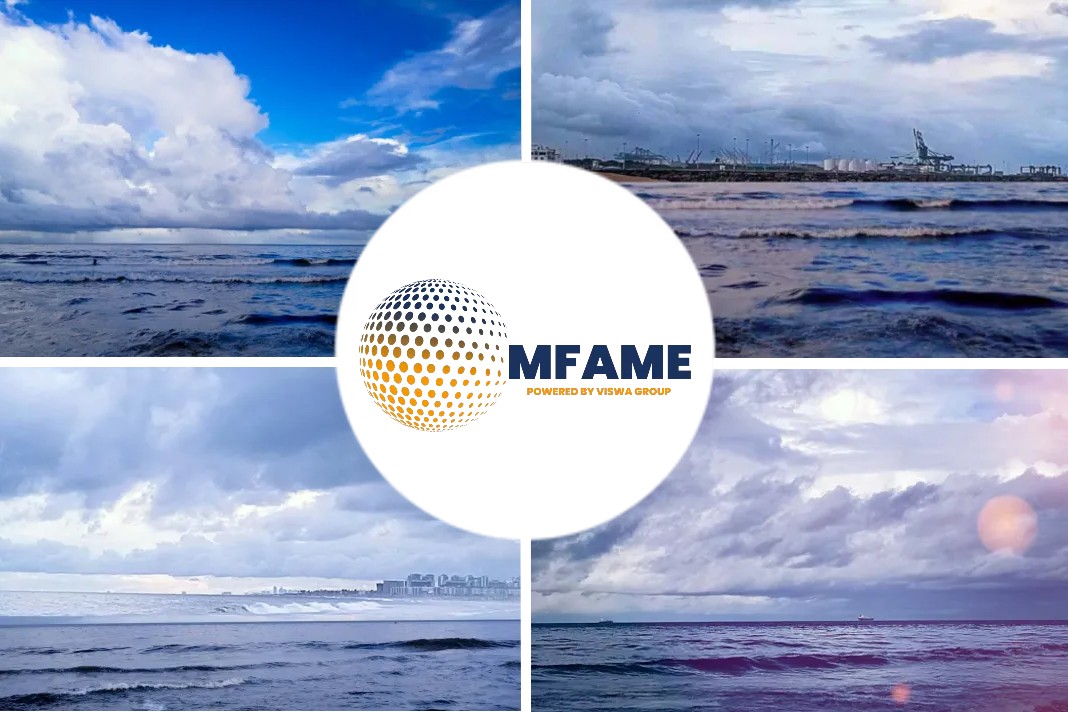Since taking over from John Platsidakis as chairman of the International Association of Dry Cargo Shipowners (INTERCARGO) in 2018 Dimitris Fafalios has been busy taking on the key daily battles his shipowner membership have faced such as the pandemic, the environment and latterly the war in Ukraine, reports Splash 247.
Energy efficiency
Fafalios, who heads up his own small eponymous dry bulk concern in Greece, was invited to speak last month at the Slide2Open Shipping Finance conference in Athens where he was grilled about the wave of green regulation heading shipping’s way, not least from Brussels.
Fafalios told delegates that while next year’s Energy Efficiency Existing Ship Index (EEXI) regulation was manageable cost-wise, the Carbon Intensity Indicator (CII), which comes in at the same time, will prove to be far more onerous.
For newbuilds, the International Maritime Organization (IMO) already has the Energy Efficiency Design Index (EEDI), something that Fafalios said had been “financially quite challenging” in the transition from phase II to phase III.
For existing vessels the application of EEXI from 2023 is not an insubstantial expense but it it was what could be considered a manageable one, Fafalios said, typically between $50,000 and $100,000 per ship.
CII
Regarding the CII however, Fafalios warned: “I feel the costs will be far higher and, in fact, almost impossible to quantify.”
In the bulk tramp sector, the INTERCARGO chairman explained time charters are dominant and a vessel’s CII rating will be determined primarily by a time charterer and not the shipowner. In order to attain the required CII improvements the vessel’s time charter description will have to change regularly and this will happen despite the formulation of the much needed BIMCO CII clause.
“The financial impact of these changes will be significant, but will change according to the freight market,” Fafalios said.
Marine emission
When quizzed about European Union intentions to crack down on marine emissions, Fafalios said that the inclusion of shipping in the bloc’s emission trading scheme (ETS) as well as the incoming FuelEU Maritime rule will bring additional bureaucratic burden especially on small- and medium-sized shipowners and operators.
“Many smaller owners will have to see significantly higher freight rates to and from EU ports to justify this extra bureaucracy or this extra uncertainty which is going to be brought on by the less than stable prices and the prices of the credits,” Fafalios said, pointing out how the price of European emissions allowances tripled in 2021 alone.
“If the freight premium is not there they may well steer clear of the EU ports altogether,” Fafalios warned.
In concluding, Fafalios stressed that all stakeholders in the maritime venture should bear the costs of the decarbonisation transition.
“This is not just shipowners and operators, it is charterers, fuel suppliers, cargo shippers and cargo receivers,” Fafalios said. “One step back from these players are other stakeholders like financiers, insurers, shipbuilders, engine and equipment makers. We have to stress that simply by regulating the owner is not going to achieve the desired effect.”
Did you subscribe to our daily Newsletter?
It’s Free! Click here to Subscribe
Source: Splash 247
























